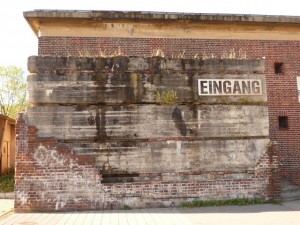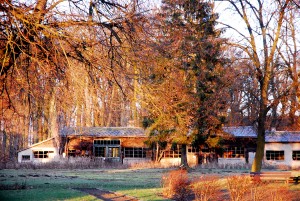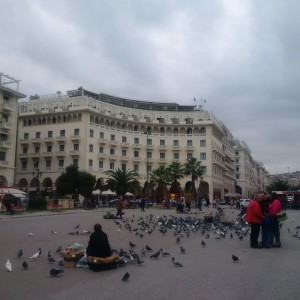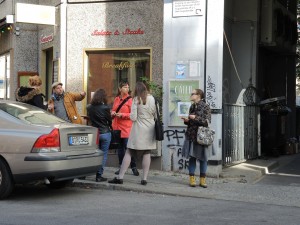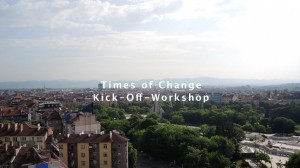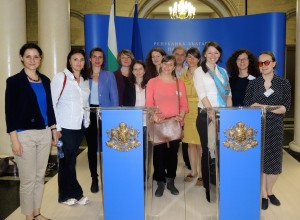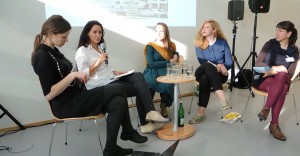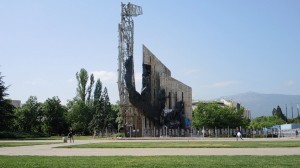
Country Profile — Bulgaria
Can you mark the beginning and the end of the transition period? What marked it? When was the moment “when history stopped”? The initial point of the transition period in Bulgaria is fairly easy to pinpoint as it coincides with the fall of the Communist rule in the country — 10 November 1989. At the same time, the question of the end of transition is a complex one as some Bulgarians would question whether transition

